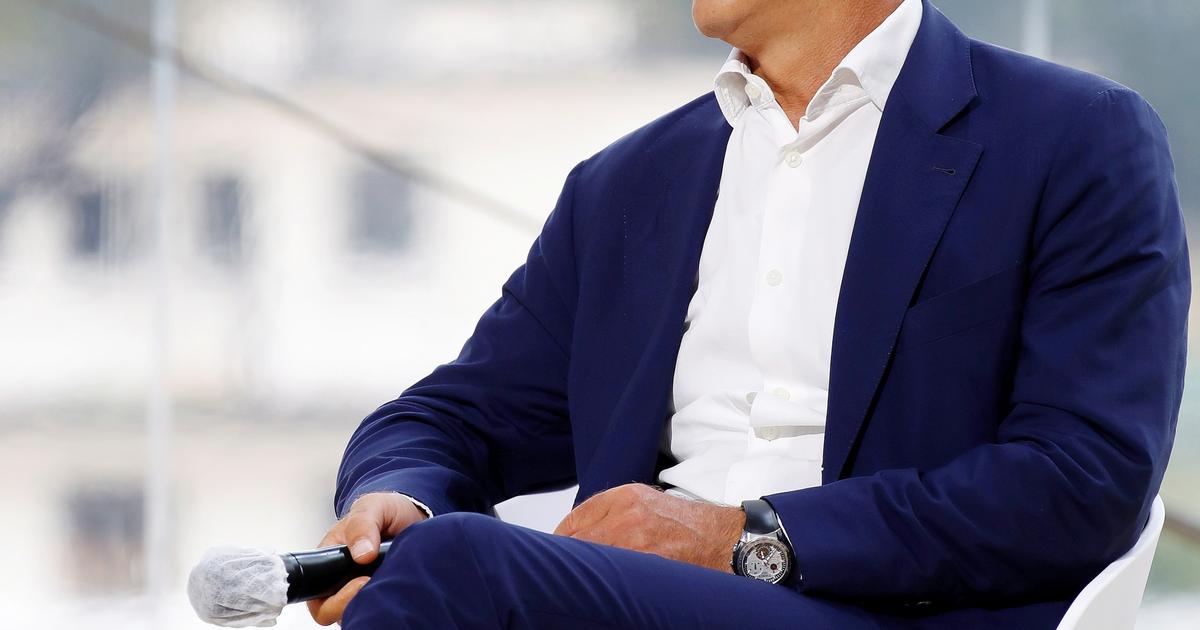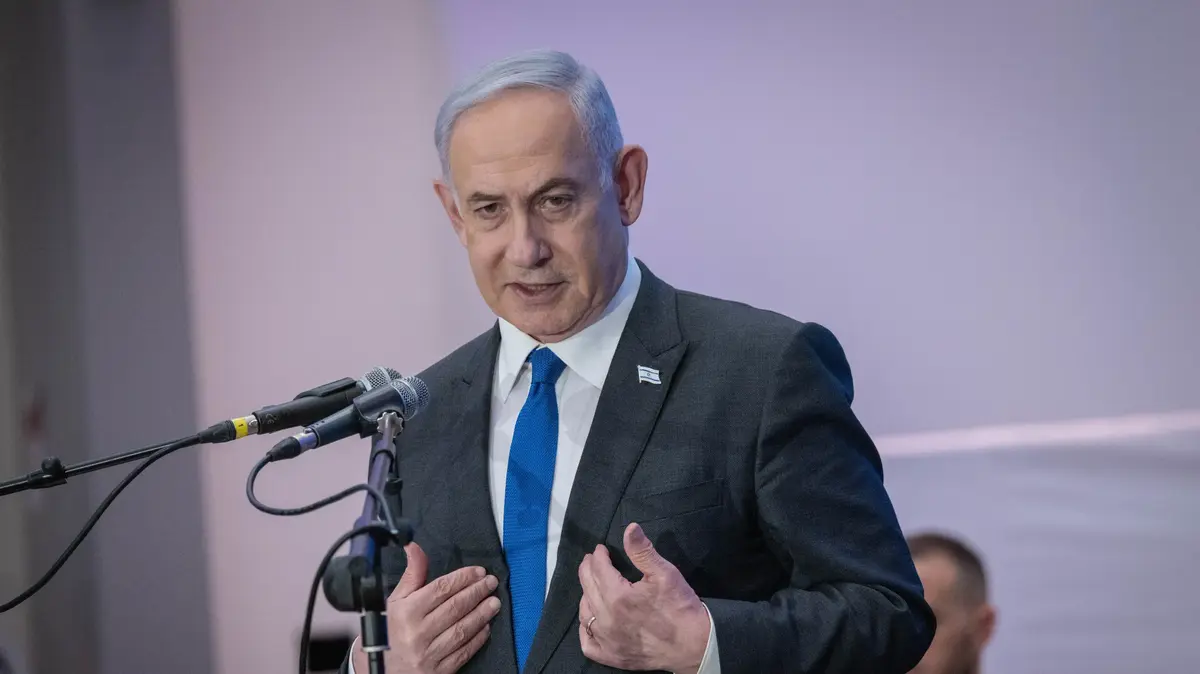By Leigh Ann Caldwell - NBC News
WASHINGTON - When lawmakers negotiating police reform issued a statement last week saying they had agreed on a talking point and would continue to speak, they painted an optimistic picture.
But
the reality is that they are on the verge of collapse,
according to those involved.
The groups with interests in the debate are playing a fundamental role in the negotiation, as they often do in Congress, but this time the division is pitting law enforcement officials against each other and threatening any chance of success.
[House of Representatives passes police reform in honor of George Floyd]
The forces of order are represented by different groups: the sheriffs, who cover most of the rural areas, have their organization, and then there is the urban police, who are divided.
Unionized officers are represented by one organization and police chiefs by another.
And instead of being unified,
negotiations over reforms have left police and sheriffs at odds
.
Despite claims of progress, after more than three months the process is wearing down the parties involved, with some wondering if the other party wants a deal.
NBC News, sister network to Noticias Telemundo, interviewed more than half a dozen people from both parties, law enforcement and civil rights organizations, most of whom spoke on condition of anonymity.
Latino man could lose sight in one eye due to alleged California police abuse
June 23, 202100: 39
Politics is becoming increasingly complex as Republicans try to weaponize urban crime rates against Democrats, whom they paint as supporters of withdrawing funds from the police and warn suburban voters that crime could come. at your doorstep if the Liberals maintain control of the Government.
[Why the next three months can shape Biden's next three years in office]
The police reform bill being negotiated in Congress would not take funds away from the police, but it is steeped in the politics of how a bill is passed.
The lead Republican negotiator, Sen. Tim Scott of South Carolina, publicly outlined five issues that would be at the center of discussions, but two have become sticking points: Section 242,
the standards for criminal sentencing for officers, and qualified immunity,
legal doctrine that limits lawsuits against the police.
Those provisions are prerequisites proposed by Democrats to hold the police accountable for their actions.
When negotiations began in March, Scott publicly submitted a compromise on qualified immunity.
Instead of allowing lawsuits against police officers, victims or their families could sue the department or the city.
[Derek Chauvin, the cop who killed George Floyd, faces several decades in jail. How long will your sentence be?]
But not all Democrats were convinced.
Although victims of police crimes could begin a legal process to sue, individual police officers could still be protected from taking responsibility for their actions.
Then Rep. Jim Clyburn, a Democrat from South Carolina, the highest-ranking black congressman in the House of Representatives and a veteran civil rights activist, claimed that
qualified immunity could be set aside for another day, a sign
for the negotiators, led by Sen. Cory Booker, D-New Jersey, and Rep. Karen Bass, D-California,
are willing to compromise
.
Biden Infrastructure Plan Agreement Opens Broader Dialogue With Republicans
June 25, 202101: 55
But Democrats on
the more progressive wing were furious.
Two weeks later, on May 20, negotiators called a meeting with the Fraternal Order of Police, a powerful 350,000-member police union, and the International Association of Chiefs of Police.
Scott offered Booker a proposal:
"If you can get law enforcement groups to come together with a proposal, then I won't get in the way,"
said a source familiar with the discussion.
It was considered an almost impossible task.
Scott's office declined to comment when asked about that issue.
[Biden Reveals Five-Key Plan to Address America's Rise in Gun Violence]
But Booker was able to win buy-in from law enforcement groups, according to two Congressional sources familiar with the negotiations, signing a proposal similar to Scott's.
Section 242, the criminal standard for indicting police, would be left intact, but Booker would add four new crimes that officers could be charged with, various sources explained to NBC News:
Sexual assault
Stole
Obstruction of justice
Some aspects of excessive use of force
As part of the agreement, law enforcement agencies also assured that they would
provide additional support for suicide prevention and resources for calls for mental problems,
difficult and tense cases frequently dealt with by law enforcement agencies.
Although the most intransigent activists on the left were dissatisfied,
civil rights groups saw the compromise as a good first step,
even if they wanted more accountability for the police.
Derrick Johnson, president of the National Association for the Advancement of Colored People (NAACP), said in a statement to NBC News that he was "encouraged" by the state of the negotiations.
[Why Biden's Actions to Prevent Gun Violence Are Not Enough, Expert Says]
In early June, Booker presented the proposal to Scott, but instead of announcing a deal, it sparked
a bitter public fight between law enforcement groups
that continues to threaten to damage negotiations.
Derek Chauvin remains isolated in a maximum security prison in Minnesota
April 22, 202100: 27
That state of the talks is so dire that civil rights groups, which have only cast signs of encouragement, are complaining in public.
"Many in law enforcement agree that significant change is necessary, but unfortunately, some are committed to obstructing the process," Johnson said in a statement Monday.
Scott rejected the deal and demanded that any deal be endorsed by the National Sheriffs Association, the largest group of sheriffs, said two sources familiar with the negotiations.
South Carolina is a mostly rural state and nearly four dozen county sheriffs have a significant amount of political influence.
Scott could run for reelection next year if he chooses.
[It is already legal in Texas to carry guns in public without a license, but those who wish to do so should wait]
During a meeting between lawmakers and the sheriff's association, South Carolina Republican Senator Lindsey Graham was highly critical of Booker's proposal and police unions on behalf of sheriffs, according to two sources.
Sen. Tim Scott, Republican of South Carolina, on Capitol Hill in Washington, May 27, 2021.AP Photo / J.
Scott applewhite
"Booker tried to reach an agreement without consulting the Republican bailiffs and negotiators and everything was worse," according to a source.
The bailiffs' association immediately rejected the agreement
.
Sheriffs, who are generally elected or appointed, were furious at the prospect of their offices being held accountable for the misbehavior of individual officers.
The bailiffs launched an opposition campaign, trying to mobilize their members across the country to voice their opposition. The National Association of Police Organizations, a coalition of law enforcement unions, joined. The group sent a memo to its members titled
“Urgent. Necessary action. Senator Booker proposes a horrendous police reform bill. "
The memo said that Booker had worked with the police union and police chiefs, but "left out" other police groups.
They urged their members to contact their representative in Congress.
"This will probably be our best, and perhaps only,
chance to save US law enforcement from catastrophe," it
said.
A source from the sheriff's association rejected the notion that the negotiations had derailed, insisting that the group was simply "asked for opinions" which it provided.
Later, the Fraternal Order of Police issued its own press release criticizing the National Association of Police Organizations for using "hyperbole and misrepresentation."
The group called for unity among law enforcement agencies and criticized other organizations for being "more interested in throwing stones."
[The Supreme Court addresses a fundamental case regarding the right to bear arms outside the home]
While the Fraternal Order of Police never publicly endorsed Booker's proposal, they tempered their reaction.
"We will not take a position until Booker and Scott have put together a document that will be agreed,"
Jim Pasco, executive director of the Fraternal Order of Police, said in a recent interview.
Two sources caution that the disagreement may have pushed negotiations further away: Some Republicans have begun to demand that instead of eliminating qualified immunity, the legal doctrine that exists only because of court cases be turned into esrite permanent law.
With information from The New York Times.









